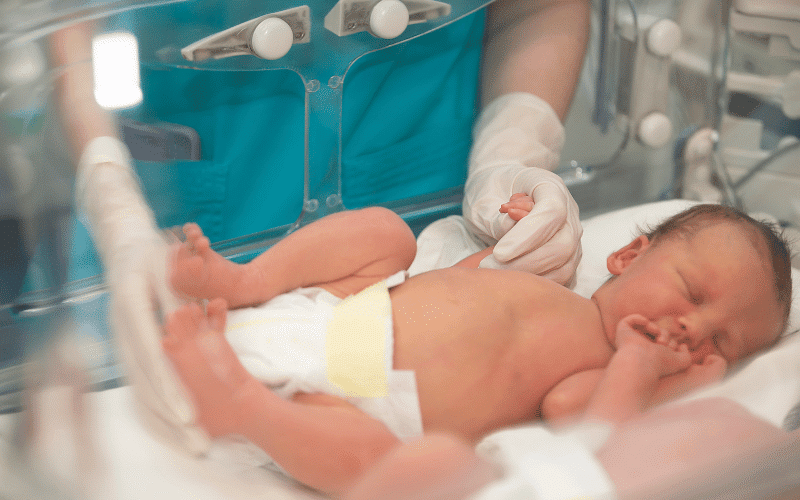4. Neonatal Lupus

Neonatal Lupus is a rare condition that affects infants of women who have certain autoantibodies (proteins that attack the body’s own cells). This type of lupus isn’t true lupus as the infants don’t have an overactive immune system. Instead, the mother’s autoantibodies, which can cross the placenta, cause the symptoms.
These autoantibodies can affect several areas of the baby’s body, leading to various symptoms. The most visible symptom of Neonatal Lupus is a skin rash, which often appears within the first few weeks of life. This rash can be widespread, covering large areas of the body, but it usually resolves completely within six months as the mother’s antibodies are gradually cleared from the baby’s system.
Apart from skin involvement, Neonatal Lupus can also affect the baby’s blood and heart. Some babies may have low blood cell counts, affecting red cells, white cells, or platelets. The most serious complication of Neonatal Lupus is heart block, a condition where the electrical signals controlling the heart rate are disrupted. This condition can be permanent and may require the baby to have a pacemaker fitted. (4)